Optimalisatie van het wapenhandeldecreet en wapenhandelbesluit: advies van IPIS en Amnesty International Vlaanderen
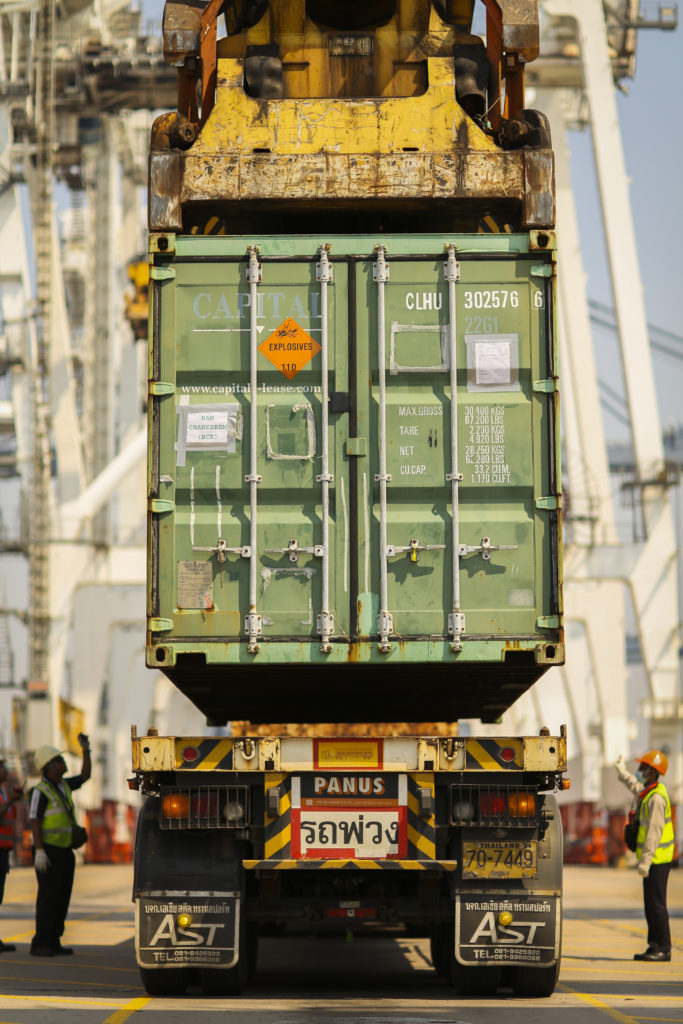
In maart 2012 publiceerden Amnesty International Vlaanderen en IPIS een nota met analyse en aanbevelingen bij het ontwerp van decreet “betreffende de in-, uit-, doorvoer en overbrenging van defensiegerelateerde producten, ander voor militair gebruik dienstig materiaal, ordehandhavingsmateriaal, civiele vuurwapens, onderdelen en munitie”. Het uiteindelijke ‘Wapenhandeldecreet’ van 30 juni 2012 schiep een geheel nieuw regelgevend kader, […]
‘If you resist, we’ll shoot you’: The Democratic Republic of the Congo and the case for an effective Arms Trade Treaty

IPIS contributed to the research for this AI report. In July 2012 UN Member States are to agree the final text of a comprehensive Arms Trade Treaty. The experience of arms proliferation and abuse in the Democratic Republic of the Congo should help to persuade States to establish strict rules consistent with States’ existing responsibilities […]
Vlaams Wapenhandeldecreet: Analyse en aanbevelingen
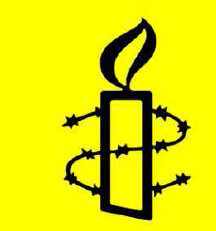
In november 2011 werd in het Vlaams Parlement een ontwerp van decreet ingediend ter vervanging van de federale wet van 5 augustus 1991 over in-, uit- en doorvoer van militair materieel, dit als gevolg van de regionalisering van de bevoegdheid inzake wapenhandel en van de Europese ICT-richtlijn die in mei 2009 goedgekeurd werd door de […]
Arms Transfers to the Middle East and North Africa: Lessons for an effective arms trade treaty
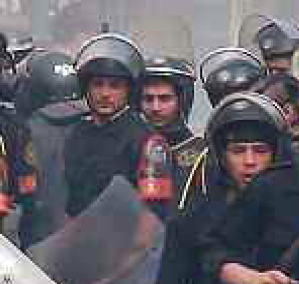
The numerous unlawful killings and other gross human rights abuses committed in response to the mass protests and demands for change that have gripped the Middle East and North Africa (MENA) region since late 2010 underscore, both vividly and tragically, the urgent need for the establishment and implementation of an effective global Arms Trade Treaty […]
Deadly Movements. Transportation Controls in the Arms Trade Treaty
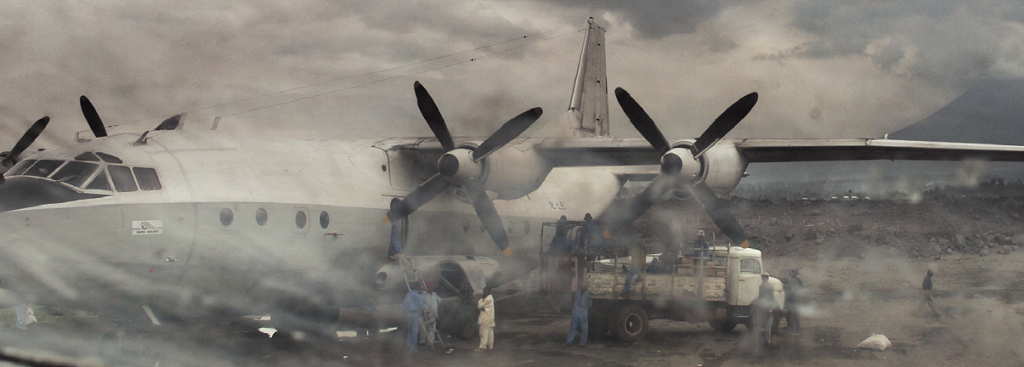
Effective regulation of the global trade in conventional arms must include adequate provisions to control the physical movement of arms across international borders. The proposed Arms Trade Treaty (ATT) should be designed to prevent unauthorised or irresponsible international transfers of weapons, munitions and related equipment internationally: it must therefore require states to impose effective controls […]
Fuelling Conflict – Foreign Arms supplies to Israel/Gaza
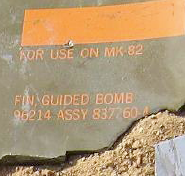
With fragile ceasefires now in place in Gaza and southern Israel, the full extent of the devastation caused in recent weeks is becoming increasingly clear. Amnesty International researchers visiting Gaza and southern Israel during and after the fighting found evidence of war crimes and other serious violations of international law by all parties to the […]
Afghanistan: arms proliferation fuels further abuse
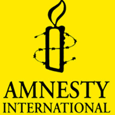
Download in pdf or open with issuu reader.
Blood at the Crossroads: Making the Case for an Arms Trade Treaty
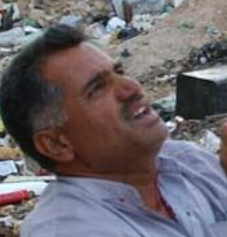
The world is reaching the crossroads where governments must decide which approach to take in order to control the increasingly globalised trade in conventional arms. If the current practice of allowing irresponsible transfers of military and security equipment and related items across borders is allowed to continue, millions more lives and livelihoods will be destroyed […]
Sudan: Arms continuing to fuel serious human rights violations in Darfur

This report describes the arming process and its effects on the people of Darfur and neighbouring eastern Chad, many of whom have been forcibly displaced. It provides details of violations of the United Nations arms embargo on Darfur that occurred during January to March 2007. Amongst other things, it shows how the Government of Sudan […]
Sudan: New photographs show further breach of UN arms embargo on Darfur

Amnesty International today (24 August 2007) released new photographs showing that the Sudanese government is continuing to deploy offensive military equipment in Darfur despite the UN arms embargo and peace agreements. Download in pdf or open with issuu reader.
Dead on Time – arms transportation, brokering and the threat to human rights
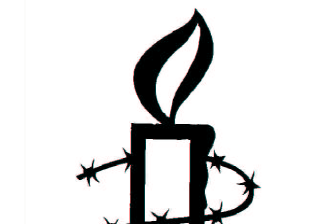
Growing state-sponsored out-sourcing and the increasing private mediation of international arms distribution and procurement is adding to the risk of arms being delivered, diverted and used for grave human rights violations. Yet current government efforts to improve the monitoring and regulation of such intermediate activities in the arms trade are weak and faltering. Download in […]
Democratic Republic of Congo: arming the east

Amnesty International is concerned that, during the peace process in the DRC, military aid has been provided from agents close to the Rwanda, Uganda and the DRC governments to armed groups and militia in eastern DRC who have committed grave human rights abuses. This document presents only a partial picture of the trade in arms […]

